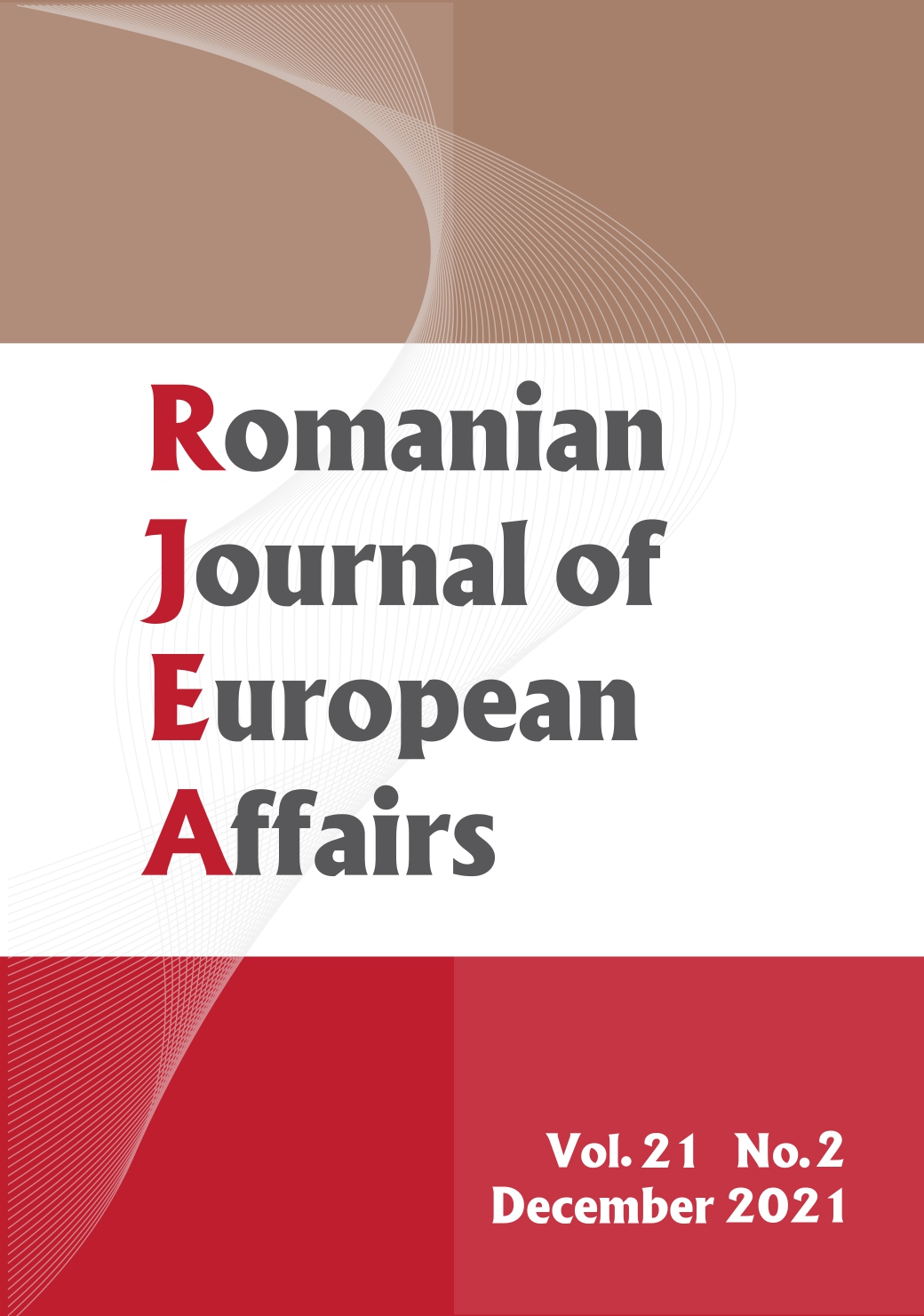Issue of Loyalty and Voting Tendencies in the European Parliament: The Case of Lithuanian MEPs
Issue of Loyalty and Voting Tendencies in the European Parliament: The Case of Lithuanian MEPs
Author(s): Sima RakutienėSubject(s): Politics / Political Sciences, Politics, Social Sciences, Political Sciences
Published by: Institutul European din România
Keywords: European Parliament; political groups; Lithuania; political cohesion; representation; voting;
Summary/Abstract: This article examines the political cohesion and the issue of loyalty in the European Parliament. The study seeks to compare the loyalty to EP political groups and voting tendencies of different terms of MEPs elected in Lithuania and to contribute to the debate on the work of the representatives of the new EU Members in the European Parliament. The research aims to analyse the loyalty of Lithuanian MEPs to their political group in EP and how loyalty trends change during the second term of re-elected MEPs? Quantitative data show that MEPs are sufficiently loyal to their EP political group, with the exception of Eurosceptic MEPs, and qualitative interview data show that national government priorities, when the need arises, are supported more by members of the ruling political parties than opposition parties. The study also shows that, more often, MEPs’ loyalty increases during their second term compared to the first one.
Journal: Romanian Journal of European Affairs
- Issue Year: 21/2021
- Issue No: 2
- Page Range: 33-47
- Page Count: 15
- Language: English

